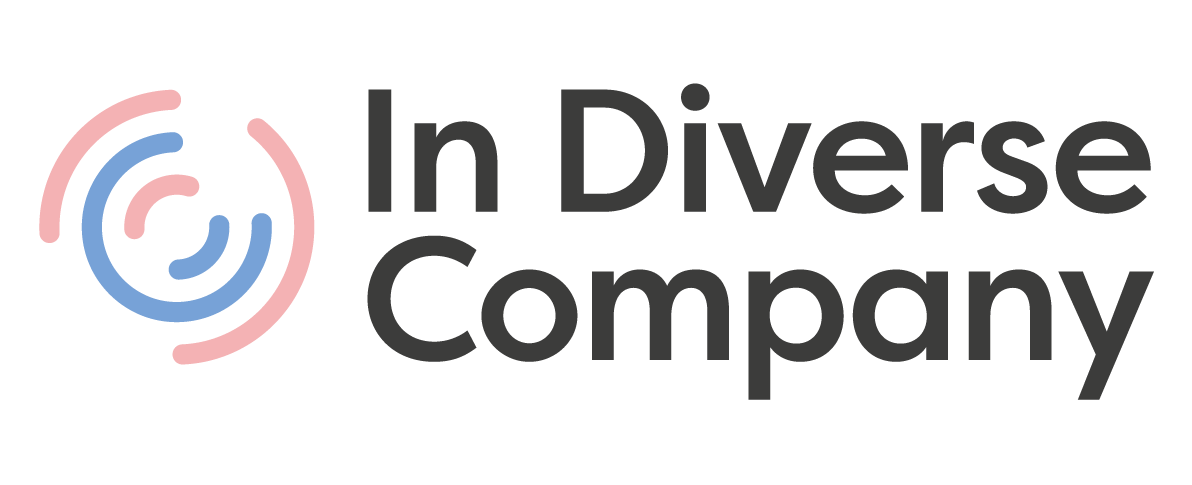By Jai Thade, Head of Content
It’s that time of the year again!
And as 2020 – a year which has been eventful for all the wrong reasons – comes to an end, its transition into a new year signals the opportunity for us to try and adopt new habits and routines thus entering a new phase in our lives.
For most, however, New year’s resolutions come and go every year. How can we make them stick? How do we ensure that when the same time rolls around in another 365 days or so, we’re still on the bandwagon and haven’t fallen off it?
In this article, we’re going to share with you a few key principles from the science and psychology of habit change to help you better stick to whichever change you decide to adopt. These are some of the principles we also share with users of our platform Include LXPTM, as part of our different suites of behaviour programs. These revolve around the adoption of tiny but powerful habits to transform the way you and your team works.
- Doing More, by Doing Less
Often when we can find enough willpower to follow through with a behavioural change, our first instinct is to do as much as we can. Healthier eating means a complete diet overhaul. Exercise means a highly structured exercise plan.
In doing so, the bar we have to cross to ensure success on a day-to-day level often becomes too high. Thus, after a short period of intense devotion to the change, we taper off and fall of the bandwagon – the famous “New Year’s Resolution Effect”.
There is a more resourceful alternative to this approach, and at its core it operates on the principle of Consistency over Intensity. One massive wave won’t erode a rock as much as thousands of tiny waves over time will.
Therefore, sticking to a small habit change like a 10-minute walk every morning for life is going to give much better returns than an intense workout regimen done only for a month.
What’s a key difference between the two? One’s easy because it requires less than your full capacity. Therefore, you won’t require as much willpower to follow through with, making it more likely that you will continue to maintain the habit change. The other requires a lot more of your capacity and willpower, and hence we decrease our chances of consistently following through with the behavioural change.
- Monotasking with your new habits
Related to this idea of “doing less” is the concept of monotasking. A lot has been said and discussed about multi-tasking. However, when it comes to creating new habits, it may be much more effective to focus on only a single habit at a time.
Engaging in an old habit is automatic, and virtually effortless. Creating a new habit usually requires a lot of effort. Trying to create too many new habits at one time will demand a lot of extra effort, and on most days, it can be difficult for our bodies and brains to find the energy required in its reserves.
It is better to focus on making one new habit and practising enough to make it unthinking. That way, we add a new habit to our repertoire and still have as much energy as we did before.
- Focus on only doing enough to tip the scale
Some days, even following the “doing less” approach can be difficult. We’ve all had those days where we just can’t find the motivation to bring ourselves to do anything. On such days, we can leverage the concept of “tipping points”.
A tipping point in this situation refers to that point in your behaviour where it would take more effort to stop the new habit, and it’s easier to just go through with it. It’s the point where you tell yourself “I might as well”.
For instance, if you’ve got up early, changed, driven to your local gym and are standing on the top-most stair outside the door, it would be much easier to just step in and get started than to go back to your car and drive all the way back home not having worked out.
When grappling with putting a new habit into action, if required, don’t commit to doing the entire habit. Only commit to doing the first part of the habit, or to only doing it for a short period of time. That will seem less daunting. Then, once you’ve built some momentum, it becomes easier to follow through with the entire behaviour.
Have you committed to daily journaling, but can’t find the motivation to do it today? Don’t focus on the entire task, just tell yourself that you will only journal for one minute, that’s it. Been procrastinating on your reading habit? Tell yourself you’ll only read one page.
Usually, building this starting momentum requires a few minutes at best.
***
Putting these 3 principles into action might just be the push you need to successfully make a new habit a big part of 2021, not just its first few weeks. As a parting thought, it is also valuable to fully embrace the journey of learning a new habit, with all its ups and downs. Accepting the process with all its challenges and learning to enjoy it will help you weather any obstacle that may come your way.
_
If you are interested to learn more about our suits of behaviour programmes, you can reach out to us at info@indiversecompany.com.
Photo by Canva
Liked this article? Share it with your network:
Accepting the process with all its challenges and learning to enjoy it will help you weather any obstacle that may come your way.






